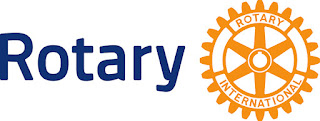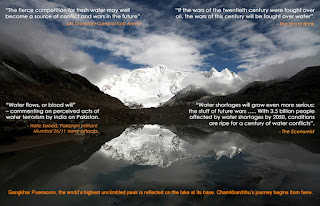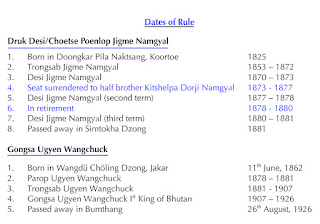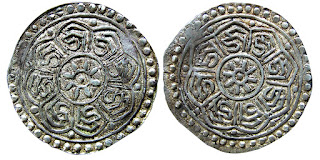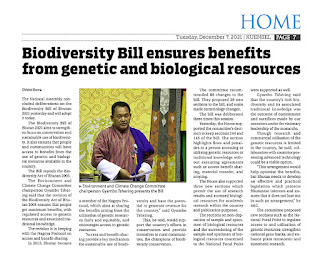In the coming days, I will be posting my interpretation of His Majesty the King’s absolutely riveting 114th National Day Speech to the nation – but for now I would like to post my following response to a written interview to which I responded only a few days back - on the 14th of November 2021.
At the core of our failures is: Failing to fix ACCOUNTABILITY
When His Majesty aspires for a “Developed Bhutan” I would like to interpret this as an inference that we are not yet a developed society or state. Even if we hold a contrarian view and insist that we are indeed developed, what His Majesty provably means is that the level of “development” is far below the level that is desirable.
In my view, “development” should be viewed from two distinct perspectives:
Material, and
Intellectual
My view is that our material development has far outpaced our intellectual development. Not only the public employees, but also the general populace, which includes every segment of the Bhutanese society, suffer intellectual impotence. Most often if any Bhutanese does anything, he does it as a fulfillment of his duty – responsibility does not seem to feature in his scheme of things. Consequently, whatever little material development we may have achieved comes to naught because of lack of a sense of responsibility, unwilling to be committed in what we do, and the lack of a sense of pride in doing a good job. If we do do it, it will be because we are duty bound to do it – not because we have a responsibility to do it. Such attitude is telling on the quality of our development.
There is a need to improve the morality of the Bhutanese people. Our mental growth is stunted by the Kidu culture – we need to shed it. We need to be taught to earn what we aspire to own and possess.
Simple examples are our thoughtlessness – we are not given to thinking – we are almost robotic in what we do.
We do not process information – we merely absorb it like water to sponge.
We set standards that are too high for the level of our intellectual competence or managerial skills, which is the cause of our consistent failure to achieve the set targets. We must learn to set achievable targets – and achieve them.
We have a tendency to compare ourselves with those who are at the bottom rung among achievers – thus ascribing to mediocrity.
We tend to reward people not because he/she is an achiever – but because the person has risen to a position in the bureaucratic ladder through a set number of years in the system. A case in point is the award of vehicle and duty free “quota”. This is an award that is not a reward for exemplary service put in by a public employee – but an automatic entitlement claimed as a matter of right. The person has no obligation to earn it – he just has to sit out his time.
The current system does not recognize service and hard work.
Most importantly, we need to learn to do small things with dedication and competence, instead of planning big things for which we do not have the financial muscle. Let us learn to bury the big dreams and embark on many small things that we can achieve. If we take care of the small things, the big things will fall into place.
Let us set achievable targets – instead of chasing unachievable and lofty dreams that is beyond our competence.
In fulfillment of my responsibility as a citizen, I have offered critical but objective views on the workings of the government, through my blog.
I have written on a wide range of subjects – so that readers may be better informed. As a private citizen, I am at liberty to be critical about issues that the government may be unwilling to be truthful about.
In particular I have been persistent in my view that the country needs to be better educated in our wild pursuit of hydropower projects that has the potential to endanger our very sovereignty.
Through my writings I have cautioned the ruling governments on their missteps. I see this as my contribution towards better governance and stewardship of the country’s public resources.
How can we help engage everyone in building a “Developed Bhutan”?
DE-MONOPOLIZE!
Currently, the predominant thinking is that only the public employees have a monopoly over intelligence, competence, experience, organizational skills – everything! It is arising from this misconception that the private sector is treated like second-class citizens. The truth is that there are far more intelligent and smart people in the private sector with experience way beyond those of the public employees. Simple reason: the private sector has to compete in a highly competitive environment - while the public employees make do under the 9 – 5 job environment. The private sector person’s mind undergoes many years of honing – to survive in a brutal dog-eat-dog world.
The current scene is that public employees fill all the important and critical positions – while the reality is that the positions need to be filled by people whose minds are differently oriented. Public employees who do not have a day’s experience in competitive and logical thinking head even commercially oriented enterprises.
It is for this reason that organizations that actually have the potential to contribute hugely to the development of the country remain languished in mediocrity and incompetence.
The government must begin to tap into the rich and diverse human resource pool that is the private sector and the NGOs. In particular, organizations that do not have a regulatory function must be headed by experienced people with proven records of achievement – drawn from the private sector and the NGOs.
Regulatory authorities such as the NEC, TCB and others should be confined to regulation, monitoring and enforcement. This will prevent dilution of responsibility and function.
It is time that the government reorient its thinking – it must be receptive to change in a changing world.
The civil service is poorly regulated. There is a need to instill a strong sense of responsibility and a culture of taking up responsibilities – not merely do a job as fulfillment of their duties. Fixing accountability is another thing. The civil service has no sense of ownership – they do not take pride in doing a good job. This has to change – they must be held responsible to do a good job – with integrity and hard work, and without expecting a reward for doing their job and fulfilling their responsibilities.
They have to be made aware that they DO NOT DESERVE A REWARD for doing their jobs.
The civil service needs to get out of the mind set that everything will eventually come to them automatically – they have to learn to earn what they get.
NOTE: In all the above I have never even once used the famous word “Civil Servant” because as I said over and over before – they are neither civil nor servants.

